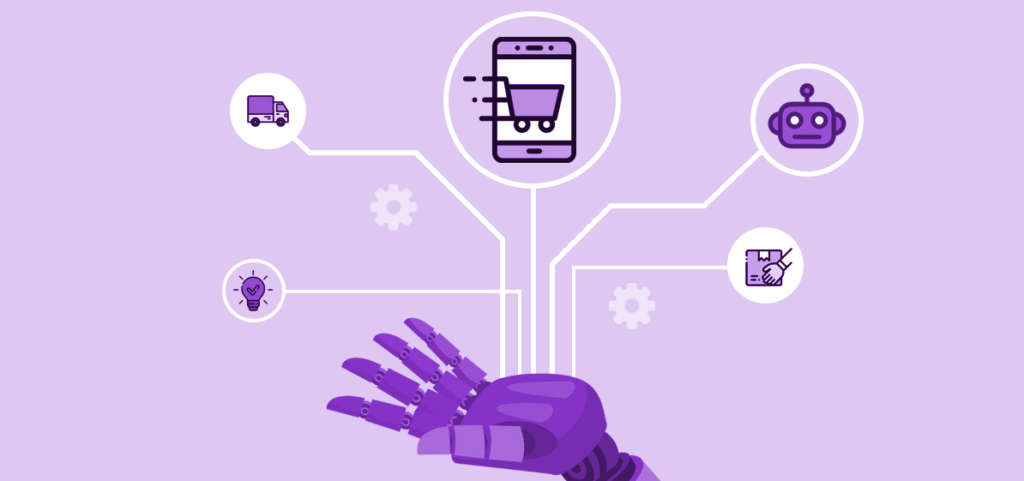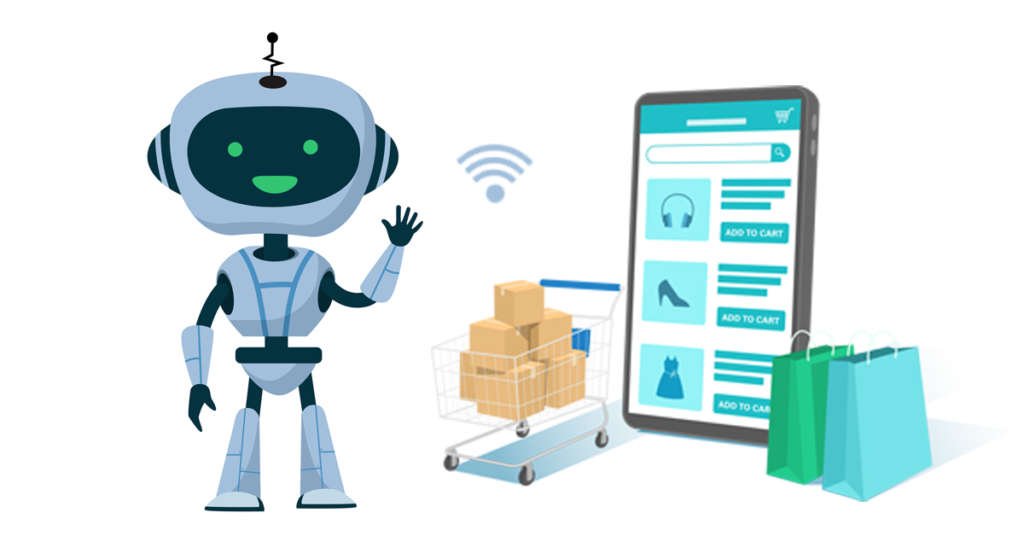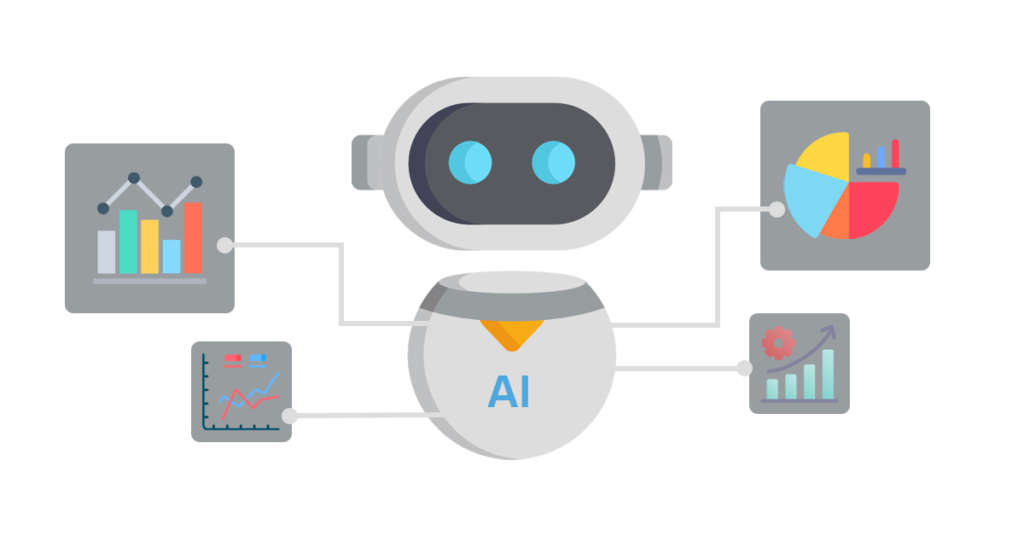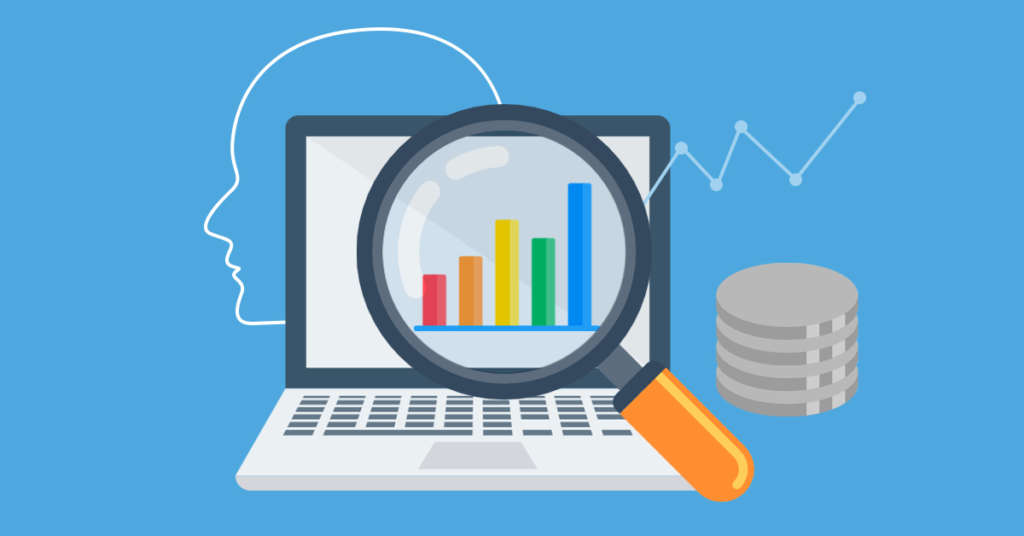
Top 10 AI Trends in eCommerce to Look Out for in 2023 and Beyond
Every eCommerce business aims to achieve an improved level of customization, personalization, and operational efficiency to compete in this increasingly fast-paced digital environment.
The easiest way to do it is by adopting artificial intelligence (AI). A report by Mckinsey & Company highlighted how implementing AI can bring in 20% extra revenue in the eCommerce industry.
Moreover, with new marketplaces, marketing channels, and native apps reinventing the buyer’s journey, it has become essential for eCommerce brands to stay on the cutting edge. If not, they risk being obsolete.
So, here in this guide, we’ll have a look at the top 10 AI trends for eCommerce that you must keep an eye out for.
Let’s dive in.
AI adoption key statistics
There’s no doubt AI is transforming retail with many businesses already becoming early adopters. Let’s look at a few numbers that suggest the growing importance of AI in eCommerce –
- As per Gartner, by 2023, the majority of organizations using AI for digital commerce will achieve at least 25% improvement in areas like customer satisfaction, overall revenue, and cost efficiency.
- A survey report by McKinsey highlighted that AI is continuing its steady rise as 56% of survey participants reported AI adoption in at least one function.
- The same McKinsey report highlights that 27% of respondents report at least 5% of earnings before interest and taxes (EBIT) to AI. It highlighted that for nearly two-thirds of respondents, their companies’ investment in AI will continue to increase over the next 3 years.
- Among other sectors, eCommerce is the leading adopter of AI in 2022.
- Moreover, 84% of eCommerce businesses are either actively working on adopting AI solutions into their business or have it as a top priority.
- As per Statista, 75% of IT leaders agree that using AI will help boost security.
- The market for conversational AI (including eCommerce chatbots) is expected to grow to $13.9 billion by 2025.
- For Amazon, their AI-powered recommendations engine drives 35% of the company’s annual sales.
- AI-powered chatbots on eCommerce sites have reduced the customer query resolution time from an average of 38 hours to mere 5.4 minutes. These chatbots also cut down customer service costs by as much as 30%.
Benefits of using AI in eCommerce

eCommerce giant Amazon has long been a proponent of AI and has recognized its benefits. As discussed earlier, its recommendations engine assists users in product selection and optimizes the user experience.
Let’s look at some similar key benefits of using AI in eCommerce –
- It helps with targeted marketing. Since personalization is a top priority for retailers these days, AI and machine learning can enable deep personalization by offering customized content to users. AI algorithms can analyze big data from previous customer interactions and deliver what customers really want.
- It boosts customer retention. Thanks to targeted marketing and advertising, customers are more likely to stay loyal to a brand.
- It helps with automating repetitive tasks so that your online store can keep functioning without any trouble. Things like low-level customer support, discount options, invoicing, email marketing, and more can be easily automated thanks to AI.
- AI has emerged as a valuable asset in the realm of business development, particularly in the pursuit of financial resources. Leveraging AI technologies can significantly enhance the process of crafting an impactful pitch for investors. By incorporating data-driven insights and utilizing tools that address challenges like the structure of pitch deck problem slide, entrepreneurs can streamline the creation of compelling pitch decks. This technological assistance not only accelerates the preparation of materials but also ensures that key information is presented effectively, ultimately contributing to a more efficient and successful outreach to potential financial sources.
- It helps create a more efficient and seamless sales process by leveraging insights from customer data.
- It cuts down operating expenses. Thanks to comprehensive automation, the operating costs get lower. Replacing non-AI tools with AI tools can be more cost-efficient.
- It boosts productivity. AI helps reduce employee burden by taking over numerous business tasks like document management, business intelligence, communication, etc. This ensures the employees can work on tasks more efficiently.
10 key AI trends in eCommerce to keep an eye on
Now let’s have a look at some of the key AI trends that are transforming eCommerce businesses –

1. Customized shopping recommendations
In the coming years, we are going to see AI offering customized product recommendations like never before. AI utilizes customer data to offer personalized product recommendations. Based on past customer behavior and similar customer profiles, AI helps eCommerce businesses deliver a hyper-personalized experience to their customers.
The algorithms consider user behavior patterns like frequent product views, previous purchases, and search history. Then it makes the most relevant product suggestion based on a particular user.
This includes customized product recommendations, marketing campaigns, pricing, and discounts. Powered by big data, targeted product recommendations can work wonders.
2. Voice-enabled shopping
Smart voice assistants like Alexa, Siri, and Google Assistant have become household names. In the United States, nearly 32% of consumers own a smart speaker. This number is only going to increase in the coming years.
We are going to see these voice assistants integrate more seamlessly with eCommerce platforms. The technology behind AI voice assistants is only going to advance, leading to the development of a frictionless voice-enabled shopping experience.
We are also likely to see an increase in the number of voice assistants that leverage powerful language models to provide more relevant and accurate results.

3. Real-time data analytics to optimize operations
Forward-thinking brands and retailers will start leveraging real-time data analytics offered by advanced AI.
This will help brands improve supply chain management and inventory assortment by analyzing which products are in demand or which products are not moving off their shelves.
By using AI-based analytics, brands can get actionable insights on important areas to focus on for sales, discounts, and other promotions.
Brands will also use AI to predict more granular trends based on detailed product tagging. Doing so will help brands offer their customers an optimized shopping experience.

4. Improved fraud prevention
Thanks to development in the field of AI, brands will benefit from more effective eCommerce fraud detection and prevention.
Due to increasing cyber crimes and data breaches, there have been developments like cloud-based AI fraud prevention and chargeback correction platforms.
These will help eCommerce brands automatically detect fraudulent orders and false addresses. It will also prove helpful in evaluating the threat score.
The ability of AI to discern patterns distinguishing a legitimate purchase from a fraudulent one will help brands rely more and more on AI-enabled fraud protection.
5. Shopping in the metaverse
Users no longer need to shop in person to see how an item of furniture, a piece of clothing, or jewelry will look. Today, brands and retailers can use visual AI, augmented reality (AR) and virtual reality (VR) to make it easy for customers to virtually check out products.
At the intersection of AR, VR, and AI, there lies a new form of digital space called the ‘metaverse’. The impressive capabilities of the metaverse have led many tech giants like Microsoft, Meta, Nvidia, Roblox, and Nvidia to bet big on it.
eCommerce too will see metaverse as a great opportunity to offer people an opportunity to do business in a virtual environment.
6. Intelligent visual search
Computer vision is a subset of AI that deals with giving machines the ability to see and interpret the world around them. It enables computers to gain a high-level understanding and extract information from digital images and videos.
Computer vision forms the basis of visual search. So, with the evolution of computer vision, we are going to see improved visual search. In the coming years, shoppers will be able to quickly search for products they want using advanced visual search. This will offer shoppers a more intuitive customer experience.

7. AI integration into CRM
Retailers will be able to create a more efficient sales process by integrating AI into their CRM. Such automated problem-solving solutions will streamline the entire sales cycle.
Moreover, AI can do this work more efficiently than humans. By integrating AI with CRM, retailers can get in touch with their customers at the right time and on the right platform.
AI-powered voice assistants can address customer queries and solve customer issues while completing multiple tasks simultaneously.
Smart assistants with the capability to integrate into your existing CRM will provide new opportunities for your sales team.
8. Automated product tagging
AI will prove to be extremely useful for product tagging in a catalog. For example, a jacket can automatically get the tags “blue”, “long sleeve”, “leather”, and more.
This is a time-saving and swift process that requires minimum human intervention. Moreover, this automated product tagging can be quite useful for text or visual search, targeted recommendations, and smoother customer experience.
In the coming years, automated product tagging will ensure a better overall experience for the shoppers.

9. Demand and sales forecasting
Retailers these days want to plan their inventory based on real-time and historical data. AI can help do that.
In the coming years, AI will play a big role in demand and sales forecasting which involves complex data analysis and intricate business modeling. This otherwise time-consuming process will be made easier by AI, helping retailers gain a significant advantage across all their sales cycles.
AI will also prevent marketing teams from misleading data rush on certain seasons and save time. It will eliminate redundant data collection and processing.
10. Automated warehouse processes
Using AI optimization and robotization within warehouses will help reduce the costs of manual operations and offer time-saving ways to manage inventory.
In 2023 and beyond, we are going to see more computer-vision-powered robots like the ones used by Amazon. These AI robots can recognize, pick, wrap, and distribute items much faster than human employees can.
Conclusion
AI is quickly becoming a crucial part of eCommerce and there’s no denying it. In 2023 and beyond, we expect AI to reshape the industry to meet both consumer demands and business goals.
While we only discussed the top 5 AI trends in eCommerce, there are a lot more applications possible.
If you liked reading this piece, we would suggest checking out other articles on our blog –

